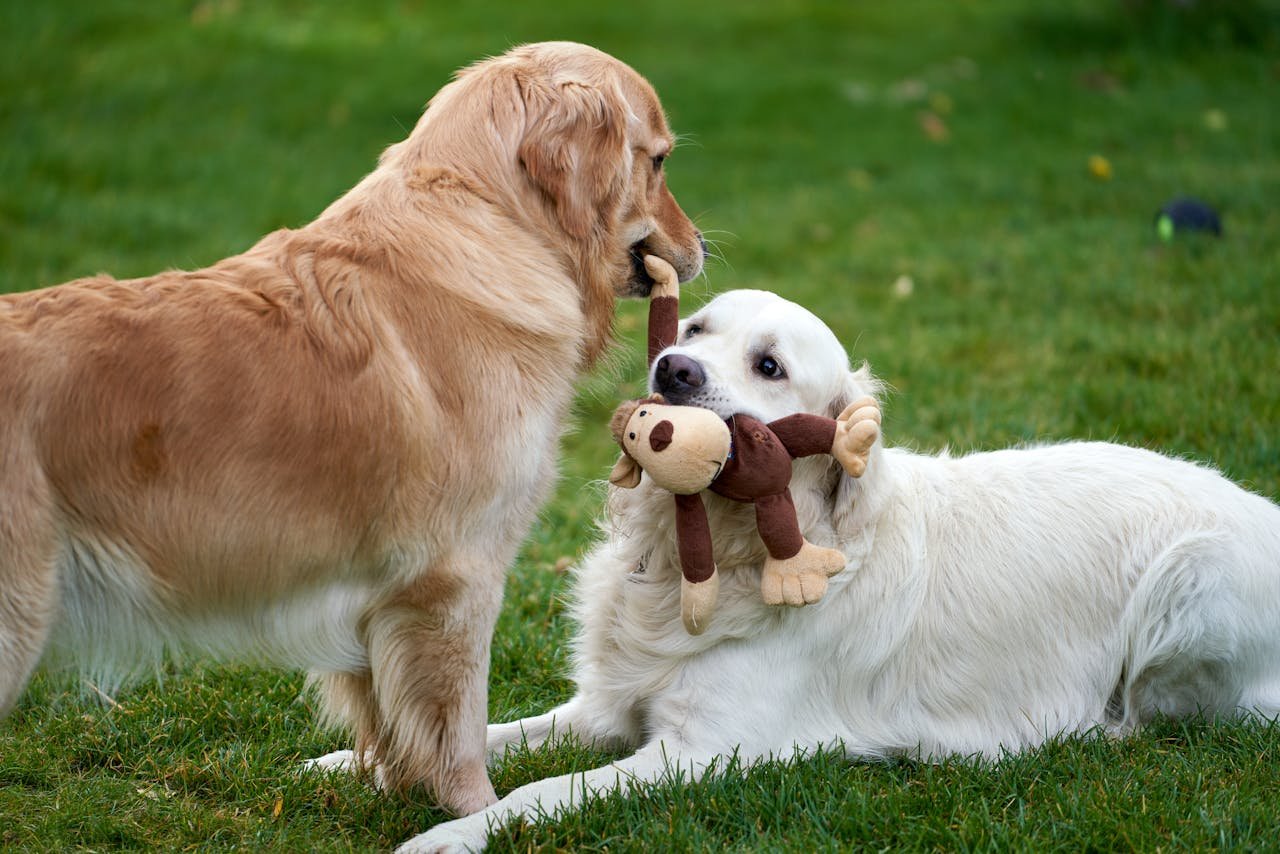Welcome to furryfriendguide.com. Here, we help you navigate the rewarding journey of pet ownership. Whether you are a first-time pet owner, you‘re about to embark on a wonderful adventure filled with unconditional love and companionship. More than that, it also entails its share of responsibilities. This guide will get you off to a great start with your furry friend.
Choose the right one for your lifestyle.
Before bringing that pet home, you should read up on various breeds and species that perfectly suit your lifestyle. For example, a high-energy dog-like border collie can be a fantastic match if you prefer spending time outside. However, if you mostly stay indoors, then a cat or fish would serve as a more than perfect option for you.
Space – If you have an apartment, it might be somewhat challenging for you to accommodate more or more hyperactive pets. Moreover, determine the space a pet will need to live nicely.
Time demands– Dogs require much attention and playing time, compared to pets, like hamsters, which just need a fraction of these activities. Selecting a pet that fits with your daily agenda will make them both happy as well as harmonious.
Prepare for your home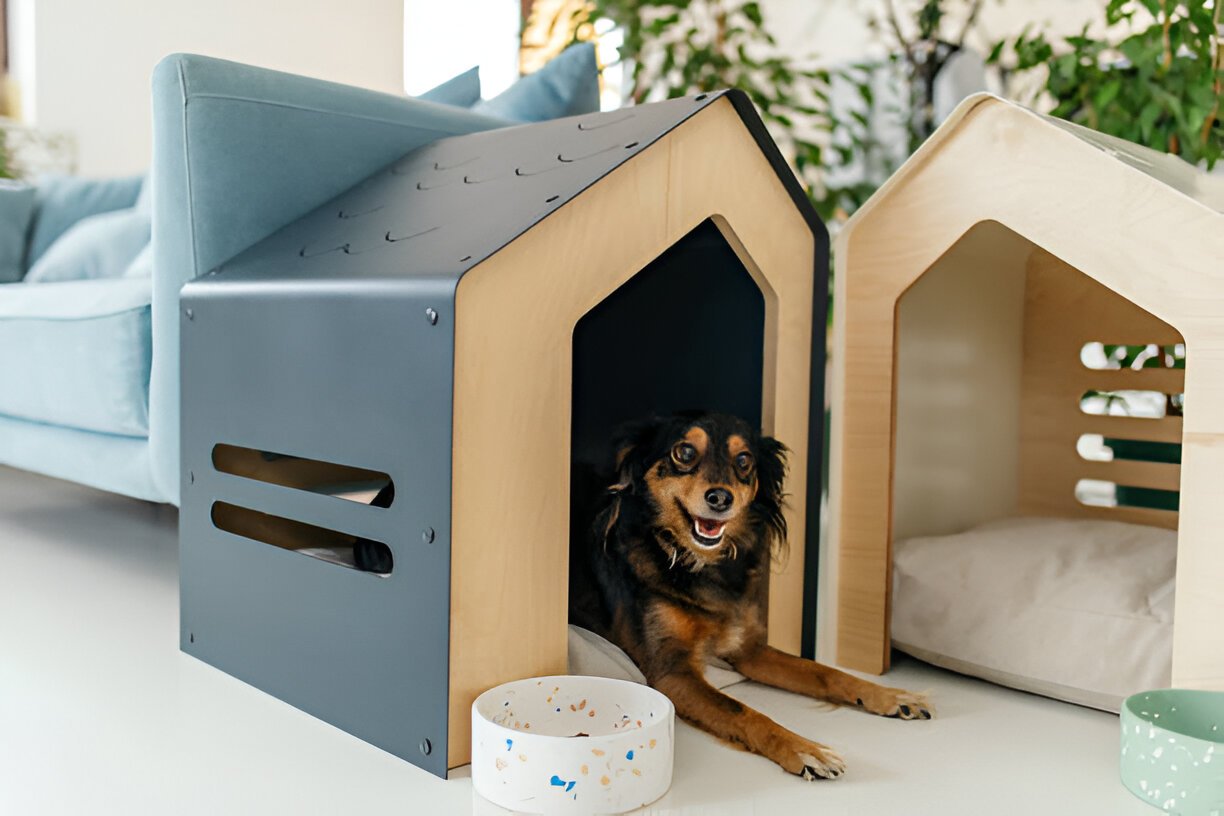 Make sure your pet lives in a secure environment. Wire and cable cords should be locked up, as well as harmful plants, which can be ingested by pets, and the tiny items that a pet can ingest when it sees them. Comfortable and easy places to rest, eat, and play with the pet must also be arranged.
Make sure your pet lives in a secure environment. Wire and cable cords should be locked up, as well as harmful plants, which can be ingested by pets, and the tiny items that a pet can ingest when it sees them. Comfortable and easy places to rest, eat, and play with the pet must also be arranged.
Invest in essentials: bowls, beds, toys, litter boxes, etc., before getting the pet home.
Schedule a veterinary visit
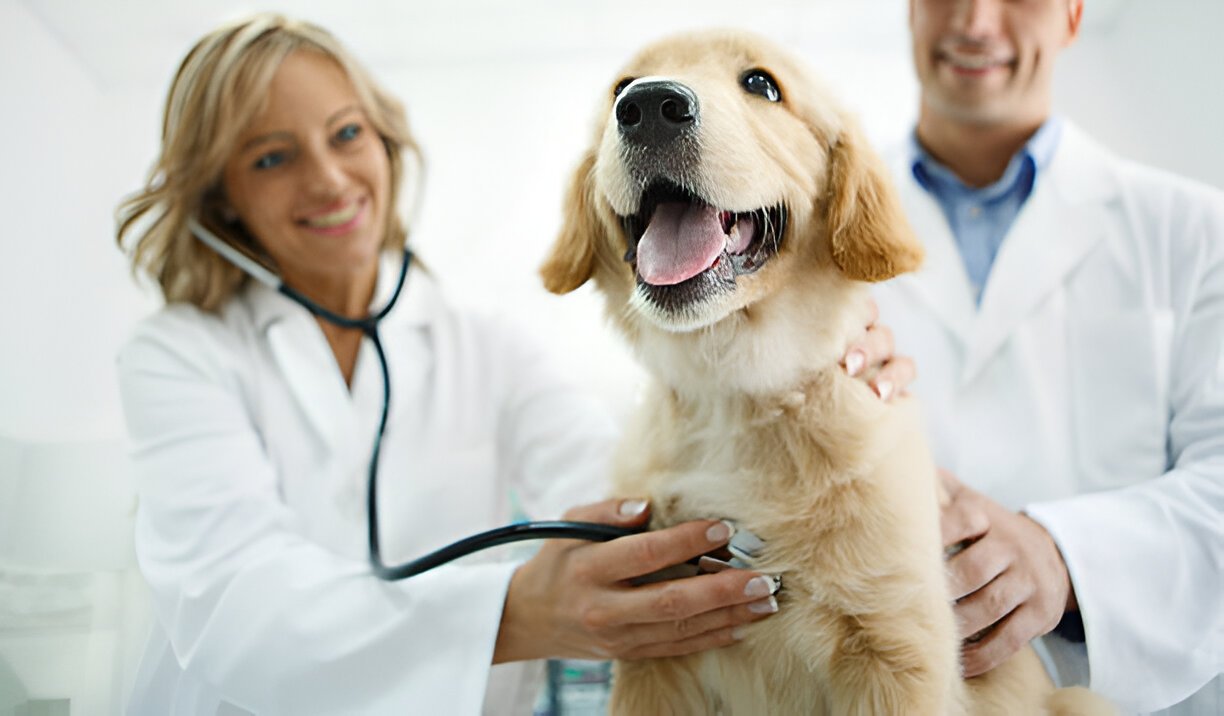 A visit to the vet is crucial and necessary for your pet’s health. Therefore, make this a priority.
A visit to the vet is crucial and necessary for your pet’s health. Therefore, make this a priority.
Vaccinations – Ensure that your pet is protected from common diseases.
Preventative care – Discuss flea, tick, and heartworm prevention with your vet.
Microchipping adds an extra safety feature in case your pet gets lost.
Build a relationship with a trusted vet, vital for lifelong care.
Understand nutrition and feeding.
Every pet has a specific dietary need. So, it is very important to understand them.
Research the right food – Find and administer quality pet food that is compatible with your pet’s breed, age, and health condition. What’s more, consult your vet for recommendations.
Do not overfeed – Provide food based on portion guidelines to help prevent obesity.
Provide fresh water – Ensure your pet has access to fresh drinkable clean water. Consequently, this will keep your pet hydrated and healthy.
Train early
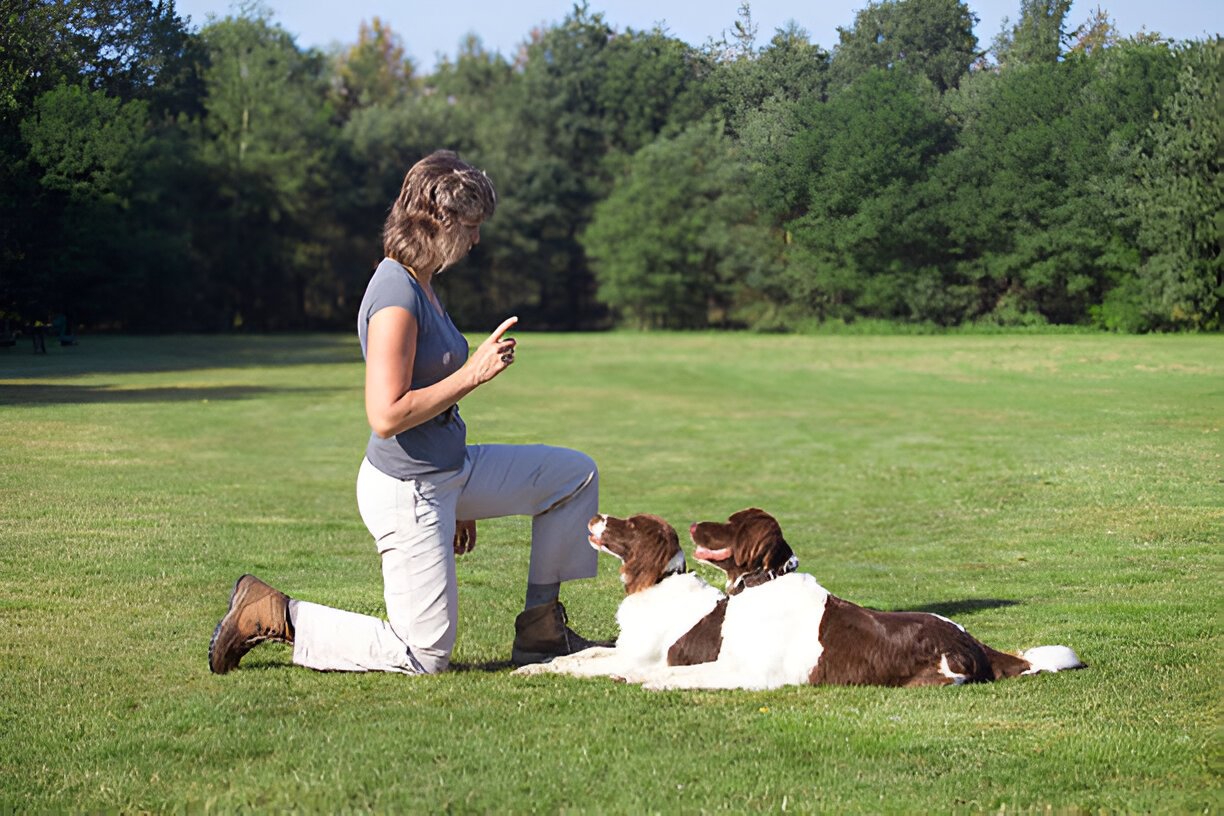 A well-mannered pet requires training. For example, teach your pet some important commands such as sit, stay, and come. Also, give your pet exposure to other animals and people to avoid anxiety and inadaptability. Furthermore, use positive gestures around your pet to encourage good behavior. Patience and persistence are the keys to building trust and discipline in your pet.
A well-mannered pet requires training. For example, teach your pet some important commands such as sit, stay, and come. Also, give your pet exposure to other animals and people to avoid anxiety and inadaptability. Furthermore, use positive gestures around your pet to encourage good behavior. Patience and persistence are the keys to building trust and discipline in your pet.
Stick to a routine
Pets thrive on routine. Thus, feed your pet at the same time every day to help in maintaining a habit. In addition, ensure that the pet has regular walks and exercises to keep it physically and mentally active. Create a bedtime routine for your pet to provide it with comfort and security.
Invest in pet insurance.
Unexpected health issues can come up anytime, and veterinary bills can add up quickly. However, this can be prevented through appropriate pet insurance, which helps cover medical costs related to accidents and illnesses. Preparing in advance for emergencies can significantly reduce financial worries. Therefore, take the time to research and analyze different plans to find one that suits your budget and requirements.
Understanding grooming needs
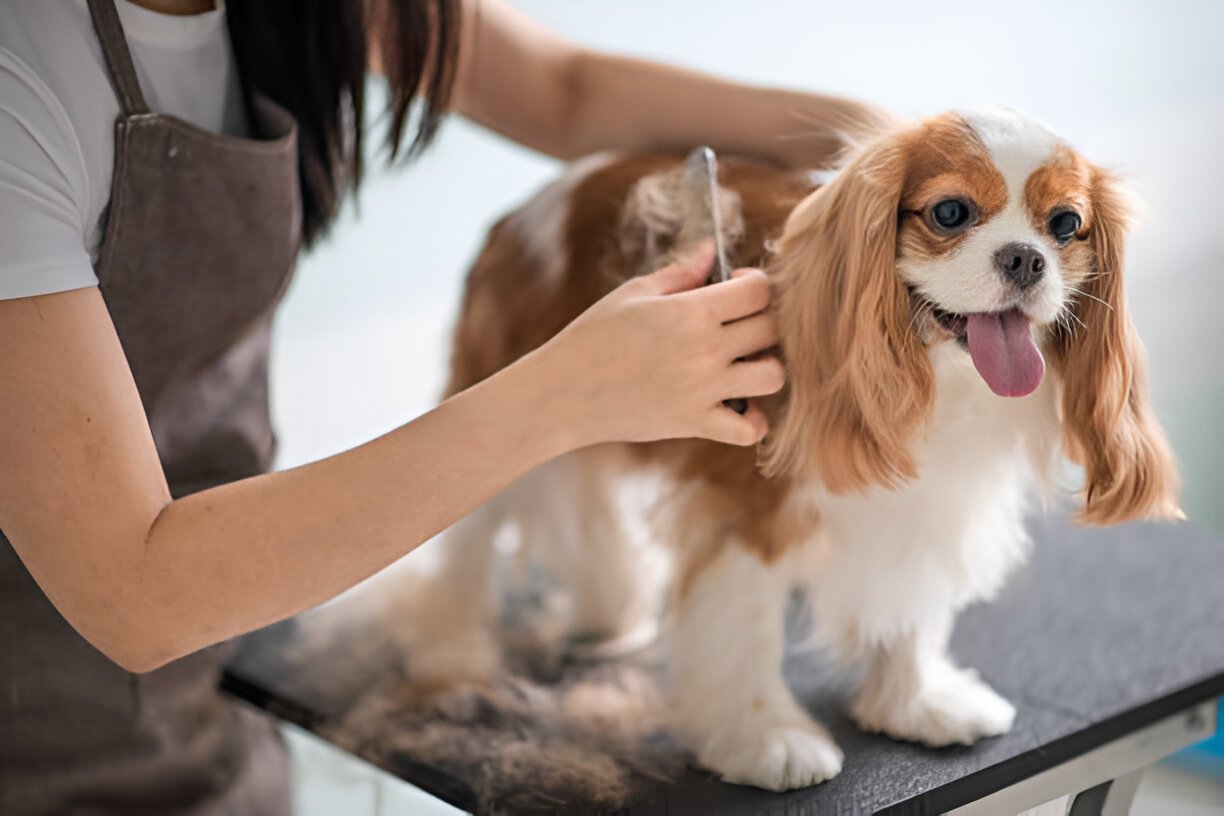 Proper grooming is very necessary to keep your pet healthy and happy. For example, loose hair, dirt, and debris are removed from the coat through brushing, shedding is reduced, and mats are not formed. More importantly, bathing should be not overdone by using shampoo on pets, thus maintaining the natural oils in the pet‘s body. Moreover, pet nails can easily cause discomfort or health issues, so they have to be cut in time. Some breeds may require more advanced grooming to maintain.
Proper grooming is very necessary to keep your pet healthy and happy. For example, loose hair, dirt, and debris are removed from the coat through brushing, shedding is reduced, and mats are not formed. More importantly, bathing should be not overdone by using shampoo on pets, thus maintaining the natural oils in the pet‘s body. Moreover, pet nails can easily cause discomfort or health issues, so they have to be cut in time. Some breeds may require more advanced grooming to maintain.
Prepare for emergencies
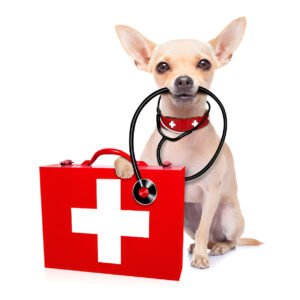
A pet first aid kit that consists of basic things such as gauze, bandages, antiseptic wipes, and tweezers should be included by pet owners for medication during emergencies. Furthermore, create a list of emergency contacts that will include your nearest vet and their contact details. Also, you should prepare an emergency plan for your pet, especially during events like natural disasters.
Spend time bonding
Do not forget to spend quality time with your pet. For instance, play, cuddle, and interact with your pet daily to build a strong bond. Pets take time to adjust to new environments, so show them love and understanding as they adapt. Reward your pet for every positive behavior and praise them to reinforce good behavior and create trust.
Budget for pet care
 Plan for the lifelong expenses of a pet, including food, grooming, toys, and regular vet visits; these are recurring costs you must deal with. It also happens that any day medical emergencies might occur. Hence, it becomes imperative to save money for emergencies.
Plan for the lifelong expenses of a pet, including food, grooming, toys, and regular vet visits; these are recurring costs you must deal with. It also happens that any day medical emergencies might occur. Hence, it becomes imperative to save money for emergencies.
With pet insurance, pet owners can better deal with veterinary costs.
Know Pet Laws and Responsibilities
Any responsible dog owner will heed his area’s leash laws, licensing requirements, and pet ordinances, as well as others that pertain to their city and pet. Therefore, clean after your pet where the act of taking care is observed, and keep your pet socialized with the others, as well as numerous others you should expect to be ready to own a pet all their lives.
FAQs for First-Time Pet Owners
1. What factors should I consider before getting a pet?
Among the things you should note before bringing home a pet are your lifestyle, available space, time commitment, and budget. Find breeds or species that fit your lifestyle and living conditions. Make sure you are ready to assume all of this responsibility.
2. What are the basic supplies for a pet?
You will also require a basic setup including feeding and water bowls, a bed for resting, some toys, grooming equipment, a leash for dogs, a litter box for cats, and possibly any specific tanks or cages. Having them prepared before moving to the new house allows your pet to adjust without many complications.
3. How do I decide which food to give my pet?
Consult your veterinarian to determine the appropriate diet based on your pet‘s age, breed, and health needs. High-quality pet food is recommended, and human foods that are toxic or harmful should be avoided.
4. How do I pet-proof my home?
Secure electrical wires, remove toxic plants, keep hazardous chemicals out of reach, and ensure small objects are stored safely. Create a safe, designated area for your pet to rest and play.
5. When to go to the vet?
Take your pet to a vet within a few days of bringing him home. Routine check-ups, vaccinations, and preventative care will give your pet a good solid start. Include flea, tick, and worm prevention and spaying or neutering if applicable in this plan.
6. How do I train my pet?
I begin with simple “sit“ and “stay“ commands. Again, positive reinforcement will do the trick where treats and praises are concerned. Consistency and patience are a must.
7. How do I bond with my pet?
I spend quality playtime with my pet, cuddling, and doing things it would like to do. I should show lots of love and understanding as it gets used to its new environment.
8. What do I do in case of an emergency?
Keep a pet first-aid kit and know how to get in touch with your veterinarian. Learn basic pet first aid and prepare your home for natural disasters or other emergencies.
Conclusion
Owning a pet is such a rewarding experience, which is all about happiness, companionship, and responsibility. Having the right pet, preparing your home, nutrition, and investing in training is what lays down the foundation for a happy relationship. Veterinary care, grooming, and pet-proofing of the space will play a great role in health and safety. And a routine of bonding every day will enhance your bond. Remember, emergencies and unexpected expenses can arise, so plan with pet insurance and a first-aid kit. With these 12 tips, you’re well-equipped to provide a loving, secure, and enriching life for your furry friend.


